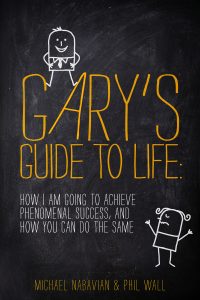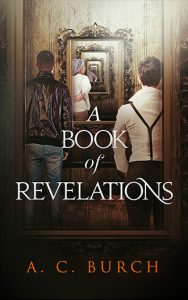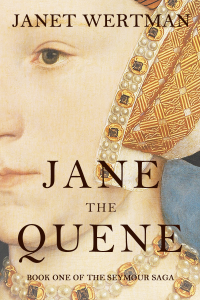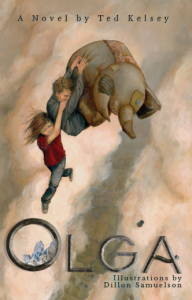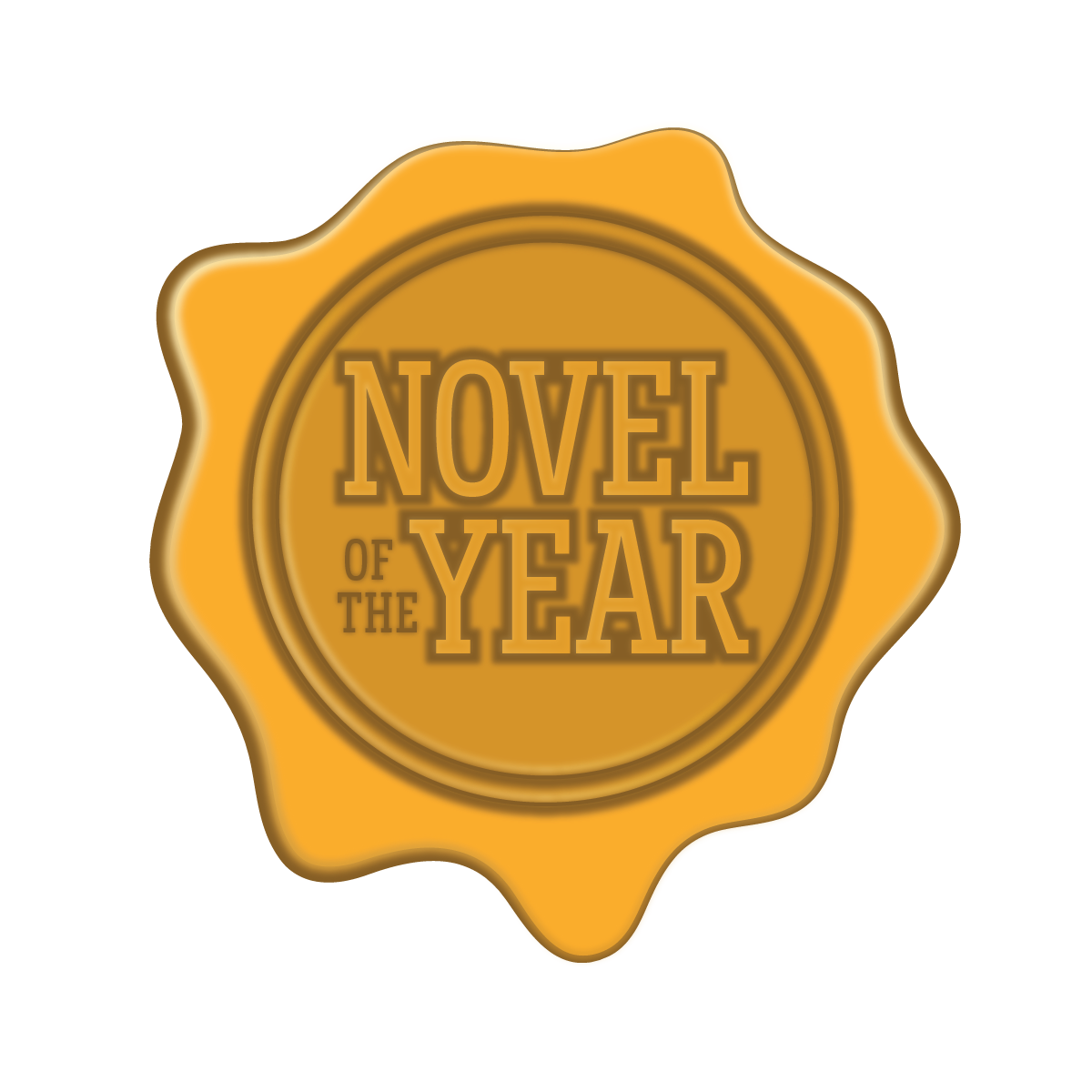The Rundown
The Recommendation
The Rating
The Links
The Reviewer
Renee Miller
Visit Renee Miller‘s website.Recently, a friend of mine, C.M. Saunders, who is a good guy with huge respect and admiration for women, received a review on Goodreads based entirely on one passage from his book, Sker House. (The reviewer didn’t read beyond this passage) One paragraph. A part of internal dialogue that in no way reflects the author’s view. Rather, it reflects the character’s immaturity, so that later, as shit happens to said character, the reader can see him grow and become a different, better person. I know this, because I DID read the entire book. I didn’t skip almost 300 pages, because I was offended by the author’s use of “friend zone” in internal dialogue. (PS: I’ve used the term as well, in real life, because as a young, single lady, guys always friend zoned me, and it was annoying. Am I a misogynist? No. That’d make me a misandrist, because I’d have been happy if these guys felt a little bad about not being physically attracted to me. Jesus, I’m not a troll. *sarcasm*) Anyway, in the book, the relationship between the so-called misogynist character and his female “victim” is only part of the story, and it evolves and changes, as they both evolve and change, and she’s not perfect either. They’re HUMAN.
I guess that’s unfortunate if you don’t like your fictional characters to act like humans.
I’m writing about this, because I want to discuss something that has irritated me since I began publishing. Fear. Taboos. Triggers. Politically correct vs. politically incorrect themes, thoughts, motivations. Do we shy away from subjects or events simply because it might upset or offend a reader? Do we avoid allowing our characters to think, act or speak in certain ways because it’s not socially accepted to do so in real life? Do we examine every single word of every single sentence to make sure there’s nothing in the story that might imply that we, the authors, are racist, sexist, or whatever other “ist” no one wants to be?
The short answer: Hell. No.
Fiction is about entertainment. That’s first. We want to carry the reader off into another world for a brief period so she can be someone else or peek into someone else’s world. Second, fiction is about challenging the reader. Challenge her to think differently, to ask questions about herself and her real life shit, and challenge her to see another point of view without being offended by it. If we avoid these taboo things, then what have we accomplished? None of the above, that’s for sure.
UBR’s Steve Wetherell put it perfectly in a comment on social media:
"If we can’t shine a light on our own darkness without having our hand slapped by self appointed governesses, then how can we ever be artists? Art requires honesty in order for us to recognise it."
This rush to rip apart anyone who might challenge what we think or believe is part of a bigger problem in society. I’m not going to tackle that today. Hell, I’d probably need an entire book to pick it apart properly. I just want to remind us all of the things I believe we should keep in mind as we write:
Fiction is not real.
It’s made up. The characters are made up. The ideas come from the author, but that doesn’t mean those ideas are things he believes. They are part of what is required to create authentic, three-dimensional characters; both good and bad ones.
Your feelings don’t matter.
The author’s feelings are unimportant. The reader’s feelings are unimportant. What matters when writing fiction is that the story is properly told and the characters are who they need to be. That means they might be assholes. So be it.
You SHOULD strike a nerve.
If your words don’t inspire emotion, negative and/or positive, then you’re not doing your job.
Characters are NOT reflections of the author.
If you’re doing it right, your characters, while they may share a few traits with you, are not extensions of you. They should not reflect everything you believe in. They should not reflect only your own personal experiences. They should be varied and unique. They should have their own belief system, which should definitely differ from yours.
Don’t be afraid.
The second you let fear participate in the writing, you’ve failed. Never be afraid. Not of the reader or yourself. Write the story that needs to be written. Write the characters that the story requires. If that means you include something that a reader might find offensive, so be it. Don’t be afraid to challenge your readers, even if it means you lose one here and there. If a reader is ready to tar and feather you over a single paragraph or a single character, because you’ve written something unpopular or offensive, then question whether you really want that reader reading future books. Don’t question your inclusion of the bit that offended them.
I hope we haven’t become a world of sensitive, special snowflakes. I hate that we use words ending in “ist” to shut down people who offer a different view or who dare to delve into unpleasant territory. Our job as writers is to ignore that stuff and give the reader a mirror into a world full of new things, including ideas they may not like. Challenge yourself and challenge your readers. If you’re too afraid to do that, consider switching to something like knitting, because it’s clear writing will never be more than a hobby.
Visit the author’s website




